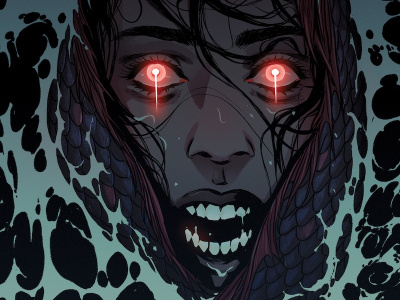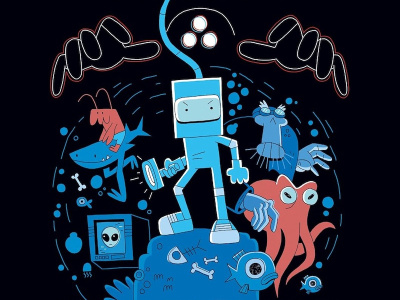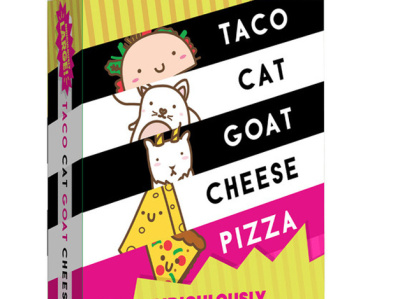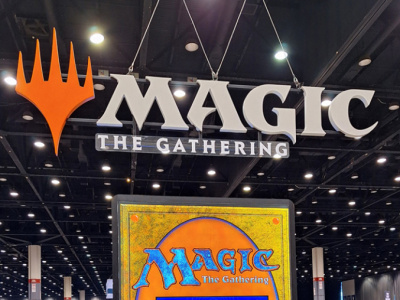We recently spoke with Dark Horse CEO Mike Richardson and Director of Licensing--Asia Michael Gombos. In addition to discussing manga (along with Dark Horse manga editor Carl Horn, see “ICv2 Interview: Mike Richardson and the Dark Horse Manga Team, Part 1”), we also talked about the kids graphic novel market and Dark Horse’s efforts in the category.
Can you talk about what you’re doing in the kids comics and graphic novel space?
Richardson: We’ve been trying to build up Plants vs. Zombies, which has been a huge hit for us (see “A Half Million Dark Horse 'Plants vs. Zombies' in Print”). We’re at the 1.2 million in sales of Plants vs. Zombies in all markets. Avatar has been a huge hit for us. We have more of that coming. We have more Plants vs. Zombies coming. We have Korra, which has done very well for us. We’ve been releasing our Itty Bitty titles that are firmly in that kids area. We have some new announcements and one of our licenses that we’ll be announcing is a huge monster in kids entertainment.
Gombos: And just as we have had manga titles that have traditionally done well in the direct market, we have kids titles that are also embraced by our manga fans. We can see when we go to conventions that they are just as much fans of Avatar and Korra as they are of the Japanese. Fans of the Japanese stuff are harsh on things they think are fake or poser. They completely accept this as something that really much in the spirit of these Japanese works and is a completely strong and legitimate creative work on its own.
Even when I go into a Japanese books store like Kinokuniya, I see that the Avatar and Korra books are shelved right with the Japanese books.
You mentioned Korra, which you’ve done art books for (see “'The Legend of Korra: The Art of the Animated Series'”). Are there going to be any Korra comics?
Richardson: We can’t say that right now. We’re not sure. I got to tell you, kids and adults sure love that Zelda book that we did and we just keep printing batches of it and selling out.
Gombos: It turned out there was such affection that people had for this series of games. Just goes to show how videogames have changed the culture. There’s all this pent up nostalgia.
For kids you’re doing some periodicals and some content goes straight to graphic novel. Can you tell us how you make those choices?
Richardson: Digests also. Again, it depends on the market. If we’re going to sell in the mass market we might go for digests over traditional comics or traditional graphic novel, so the decisions are made on where we think it has the best chances of selling. For years we did the Star Wars: Clone Wars books as digests, the ones aimed at the younger kids. Again, we just try to look at what the market dictates.
Format is a big issue with us. I honestly believe we’ve published in more formats than any publishing company of any kind in history. If you look at my office, if have a thousand books in a row, 200 of them are different formats. They don’t line up right. You have to stay within a series to get the books to match up. We sit and talk about every book we do and discuss what’s the best format for this particular material and what’s the best size and page counts, and those are decisions we make. I know that’s not normal, a lot of companies feel it’s easier to have three or four standard formats that you push all books into. We’ve never really done it that way; we try to give thought to everything we publish. That’s the type of effort I don’t know that anybody ever thinks about.








